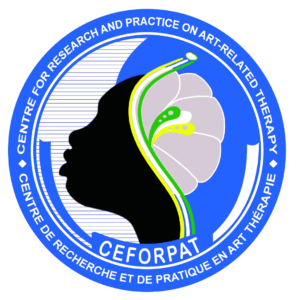Alienating Grassfields cultural objects to Western museums: who cares?. Get the full PDF
Ngitir Victor Bayena (PHD) ……………………………………………………..43-59
One of the recurrent phenomena that have plundered Africa’s rural communities for centuries has been the
ferrying of cultural heritage from village treasures and palaces towards museums in the cities and
metropolis. Despite their standard definition as permanent, non-profit institutions at the service of man and
society, museums of today have become enterprises and transit points for the trafficking of material heritage
from local communities to urban galleries and even overseas museums through covert and overt means.
Born from the ashes of colonialism in the 1930s, Cameroon’s museum institution displays a typology of
private and public museums littered on both sides of the linguistic and cultural divide. Based on collection
policies that mattered only to British and French collectors, art agents systematically plundered palaces and
community collections through looting, extortion and illicit traffic to feed metropolitan galleries and
museums far off in Europe and America. By the 1980s, thousands of artefacts, masterpieces and antiquities
– masks, thrones, royal paraphernalia and even worship objects – had been whisked off, throwing Alpha
Oumar Konare’s theory of functional conservation overboard. This paper traces the genesis and motivation
for this traffic, examines the typology and functions of artefacts ferried out, and finally, proposes a plan to
reverse the trend. Three key questions beg for answers: why the huge appetite for local cultural objects in
cities and overseas? What are the categories and functions of the displaced objects? How can this outflow
be stopped? A blend of oral tradition and qualitative data analyzed on a chronological-cum-thematic–cum
content basis reveals among other things that local agents played the go-between, facilitating illicit art deals;
that masterpieces, worship items and antiquities continue to be the most solicited by overseas museums;
and finally that a holistic African master-plan is required to reverse the trend.
Keywords: rural, heritage, traffic, museums, conservation.
